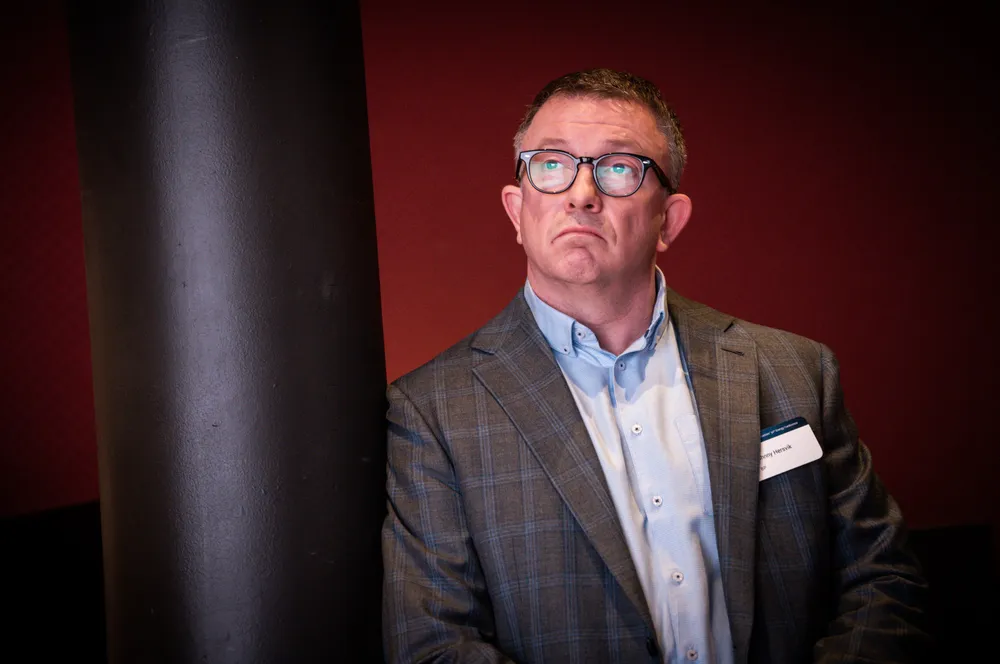Aker BP aims to be trailblazer for Norway’s seabed mining
Producer ready to consider taking part in controversial proposal to gather minerals needed for green transition

Producer ready to consider taking part in controversial proposal to gather minerals needed for green transition
